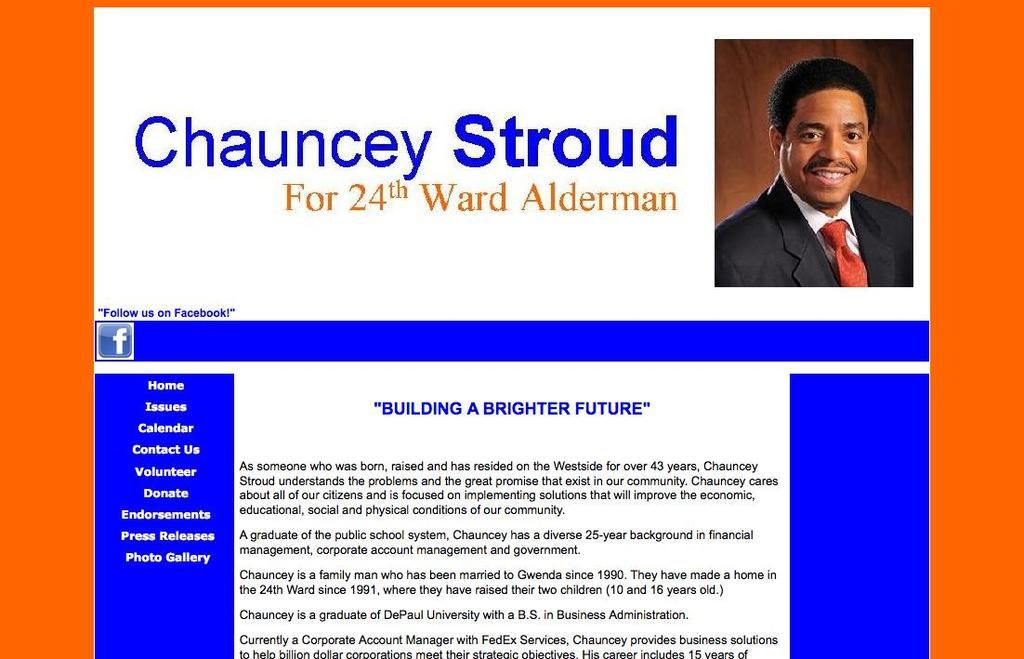UK Gambling Tax Overhaul Could Lead to Over 85k Job Losses and Push Gamblers to Unregulated Platforms
Overhaul in UK Gambling Tax Poses Potential Threat of Racing Industry's Demise, Warns Sector
The UK Treasury plans to consolidate three gambling levies into one, sparking concerns about potential job losses and driving gamblers towards unregulated offshore platforms.
The Proposed Tax Reform
In an attempt to modernize and simplify the current tax system, the UK government intends to merge the three remote gambling taxes—Remote Gaming Duty (RGD), General Betting Duty (GBD), and Pool Betting Duty (PBD)—into a single Remote Betting & Gaming Duty (RBGD). The stated objectives are to decrease administrative burdens for operators and promote tax simplification [1][2][4].
Job Losses on the Horizon
Although official documents do not give precise job loss estimates, experts warn of potential consequences:
- Internal Operational Reduction: Streamlining the tax system may lead some operators to reorganize their internal teams, resulting in cuts in accounting, compliance, and administrative roles.
- Industry Shakeout: A higher single tax rate could compel smaller operators to withdraw from the market, causing job losses across the sector.
- Growth Stagnation: An unfavorable tax environment could impede the remote gambling sector’s growth, affecting employment levels as well [3].
Additional Risks Posed by the Reform
- Short-term Uncertainty: The shift from three duties to one may create confusion for operators and government alike, potentially leading to temporary job additions or layoffs during the transition [1][2][3].
- Potential for Higher Effective Tax Rate: A single tax rate higher than current totals could squeeze operators’ profitability, potentially reducing investments and leading to job losses [2][3].
- Heightened Compliance and Regulatory Burden: Though intended to streamline, the new framework might create temporary friction, necessitating additional resources for compliance [2][3].
- Innovation and Competition Concerns: A more straightforward tax system could lure new entrants, but a high single rate could stifle competition and innovation, harming the sector’s development [2][4].
- Public Finances At Risk: The government currently collects around £3.4 billion annually from gambling duties [3]. Any miscalculation when setting the new single rate could impact public revenues.
Impact Summary Table: Key Risks and Potential Job Impacts
| Risk/Impact | Description | Potential for Job Losses ||----------------------------|----------------------------------------------------------------------------------------------|-------------------------|| Administrative Streamlining| Reduced need for multiple compliance teams | Medium || Market Consolidation | Smaller operators may exit due to higher effective tax or compliance costs | High || Transition Uncertainty | Temporary hires or layoffs during the changeover | Medium || Reduced Sector Growth | Higher tax burden may slow industry expansion | Medium to High || Compliance Mismatch | Need for new training or temporary compliance staff | Low |
As a seasoned gambling content creator, I advise keeping a close eye on the government's consultation process to better understand the proposed changes and their potential consequences on the sector [5]. UK-based operators and industry players might want to voice their opinions to help shape a fair and balanced tax reform [1][2][4].
[1] Gambling Commission (2023). ‘Consultation on remote betting and gaming duties reform’.[2] HM Treasury (2023). ‘Reforming betting and gaming duties’.[3] Gambling Business Group (2023). ‘Latest News — GBG Reacts to New Remote Gambling Tax Rate’.[4] Remote Gambling Association (2023). ‘Response to consultation on the reform of remote betting and gaming duties’.[5] LinkedIn Profile of Lucas Dunn (2023). Lucas Dunn – Content Creator | Gambling & Casinos.
- As the proposed tax reform moves forward, there might be an increased incentive for casino-and-gambling enthusiasts to seek free spins and other gaming opportunities on unregulated offshore platforms.
- The potential job losses and market consolidation resulting from the UK's gambling tax overhaul could pressurize casino-and-gambling operators to explore alternative means, such as free spins and other promotional strategies, to stay competitive and retain customers.








